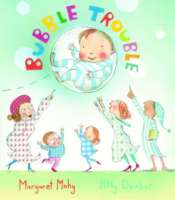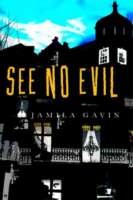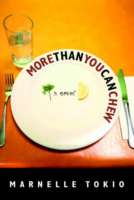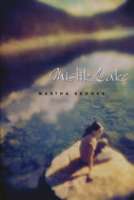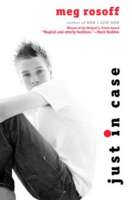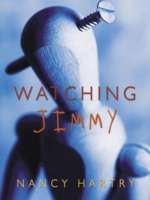
A novel of danger, warmth, and dark humor–about a brain-damaged young boy and the friend who knows a terrible secret. Watching Jimmy is an impossible-to-put-down novel full of danger, warmth and dark humor. With shocking candor, young Carolyn relates the truth about what really happened to her best friend, Jimmy, when his Uncle Ted chose the perfect time to teach him a lesson he’d never forget. The truth is, Jimmy didn’t fall from a swing like Uncle Ted claims–Carolyn knows, because she saw everything. According to her, “Uncle Ted just didn’t count on me, Carolyn, [being] perched in a tree where the park and the parking lot meet.” With the dreadful secret locked away, Carolyn walks an emotional tightrope. No matter what else is happening in this post-war era, she must keep an eye on poor, brain-damaged Jimmy: making sure he behaves, keeping him clean and keeping him safe–especially from Uncle Ted. But when Uncle Ted threatens his beleaguered family with even more abuse and the loss of their home, Carolyn must find the courage to match wits with him and to speak out, using the truth as her only weapon. But perhaps her biggest challenge will lie in finding a way to get Jimmy the expensive operation he needs to relieve the pressure on his brain, because: “As I told you, our Jimmy is not a mental defective like people say. Our Jimmy is in there. He’s in there. This I know.” Set in 1958, Watching Jimmy is a brilliant portrait of a time past, a family of strong women, and a resourceful young girl who exudes character, resilience, and, most of all, love.

